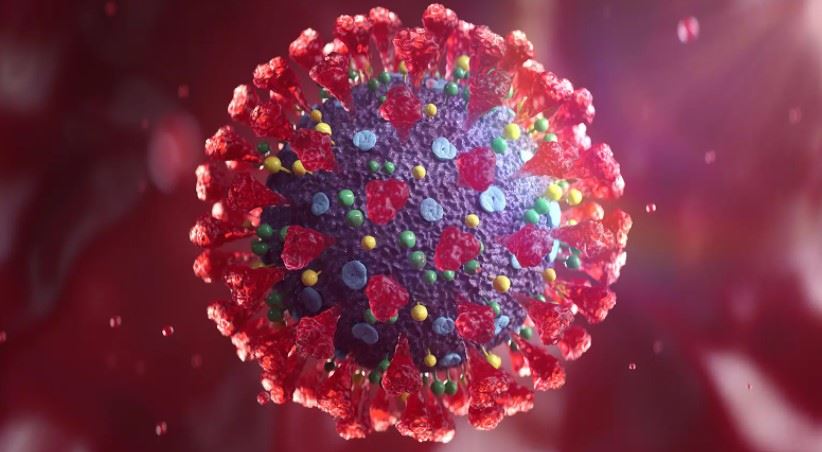 As the highly transmissible BA.5 subvariant spreads nationwide and the federal government is encouraging booster shots for eligible adults, some experts are questioning whether it's time to update the definition of "fully vaccinated."
As the highly transmissible BA.5 subvariant spreads nationwide and the federal government is encouraging booster shots for eligible adults, some experts are questioning whether it's time to update the definition of "fully vaccinated."
COVID-19 cases have increased 16 percent over the past two weeks, while hospitalizations have jumped 19 percent, according to data tracked by The New York Times. The increases come as BA.5 accounts for an estimated 65 percent of U.S. cases, according to the CDC. [Becker's Hospital Review 7.14.2022]
The Biden administration outlined its strategy to combat this rise in cases and hospitalizations July 12, urging all eligible people to get their first booster dose if they have not done so yet. Federal officials are also considering plans to make second COVID-19 boosters available to all adults, pending sign-off from the FDA and CDC, several administration officials told The Washington Post on the condition of anonymity.
While research shows BA.5 can evade immunity from vaccination and past infection, vaccines are still effective at protecting against severe disease, Anthony Fauci, MD, director of the National Institute of Allergy and Infectious Diseases, said during a July 12 White House briefing.
Some experts have been critical of the White House's decision to encourage booster shots without changing the definition of fully vaccinated.
"The only new action from the White House BA.5 briefing was an admonishment to 'Get your booster!,'" former U.S. Surgeon General Jerome Adams, MD, tweeted July 14. He went on to criticize the administration for not expanding second booster eligibility or changing the definition of "fully vaccinated," which he said currently "implies you don't need a booster."
Based on the CDC's definition, individuals are considered fully vaccinated against COVID-19 if they've received their primary series, which entails two doses of Pfizer or Moderna's vaccine or one dose of Johnson & Johnson's. The CDC says people who receive recommended booster doses are "up to date" on their vaccines and best-protected, but the agency has not formally included boosters in its definition of being fully vaccinated.
Eric Topol, MD, founder and director of the Scripps Research Translational Institute in San Diego, has also called for the CDC to change its definition of fully vaccinated to encourage boosters, according to The Hill.
"What country has a lower booster rate than Iran, Rwanda, Sri Lanka, Azerbaijan, Tajikistan and 61 others?" he tweeted July 11. "The United States."
Health experts' calls for a definition change are not new; many experts pushed for the change last winter amid the original omicron surge. In January, CDC Director Rochelle Walensky, MD, said the agency had no plans to require a booster shot for people to be considered fully vaccinated against COVID-19. It's unclear whether the agency's stance may change amid the current surge.
###
